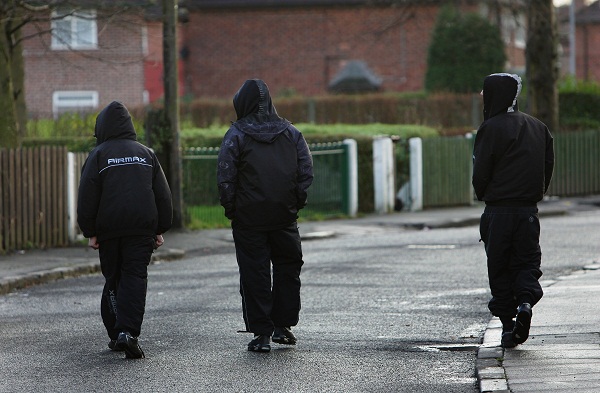Louise Casey, the government’s ‘troubled families’ tsar, is in loud voice in this morning’s Telegraph. The government, she says, must ‘get stuck in’ and intervene in these lives for the better by getting women to take ‘responsibility’ for themselves and their children. ‘It’s not toughness for toughness sake,’ she says. ‘It’s toughness so we sure their kids get to school so they don’t end up as criminals.’
Casey’s words are underpinned by the view that the state’s approach thus far has been wrong-headed. ‘I also don’t think we should soft-touch those families. We are not running some cuddly social workers’ programme to wrap everybody in cotton wool.’ There are, she says, officials overseeing all aspects of a family’s life without ‘getting stuck into the actual family’. This seems to be a critique of the incentive-led initiatives announced by the government last month.
The state must be made to work better; that appears to be Casey’s conclusion. Interestingly, Francis Fukuyama comes to the same conclusion when writing the latest column in the FT’s future of conservatism series. Fukuyama urges the right in America and Britain to emulate Theodore Roosevelt’s ‘strong-state conservatism’. He writes: ‘It [the American government] needs to be smaller but also stronger and more effective. And this will not happen unless people see public service as a calling rather than as a despised occupation for people unable to make it in the private sector.’
With respect to those involved, it must be difficult to foster public spirit to support ‘troubled families’, which perhaps explains why Hertfordshire County Council recently tried to rebrand them as ‘thriving families’, vowing that every family in Hertfordshire must ‘thrive’. Casey’s point – and perhaps Fukuyama’s – is that it takes more than branding exercises for the state to be an effective actor in society.






Comments